March 23 stands as one of history’s most eventful days, witnessing the rise and fall of empires, groundbreaking discoveries, and moments that shaped our modern world across centuries of human achievement.
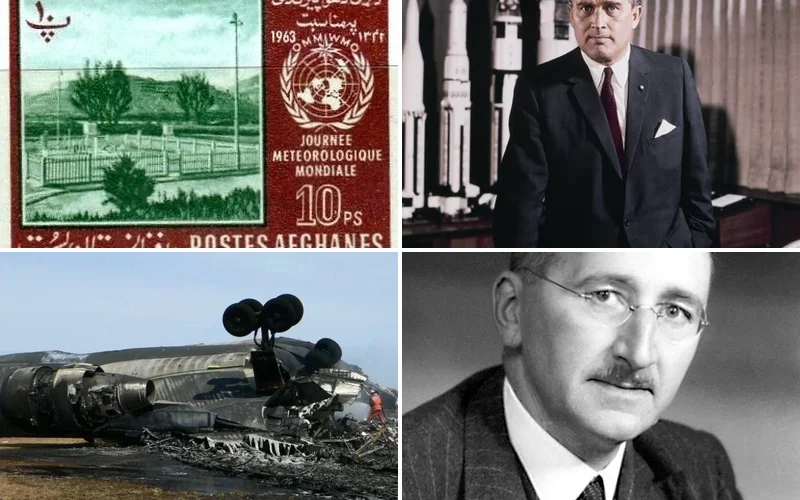
Politics and Government Events on March 23
1933 – The Reichstag passes the Enabling Act of 1933, making Adolf Hitler dictator of Germany
The German parliament surrendered its legislative powers to Adolf Hitler through this pivotal constitutional amendment. The act required a two-thirds majority, which the Nazis achieved through intimidation and strategic arrests of opposition members.
The legislation effectively ended parliamentary democracy in Germany and established the legal foundation for Nazi totalitarianism. This single vote transformed the Weimar Republic into a dictatorship that would plunge the world into unprecedented conflict.
1956 – Pakistan becomes the first Islamic republic in the world
Pakistan achieved a historic milestone by adopting its first constitution as an Islamic republic. The new constitutional framework established Islam as the state religion while maintaining democratic governance structures.
This date became celebrated as Republic Day in Pakistan, marking the nation’s unique position as the first modern Islamic republic. The constitution balanced religious identity with democratic principles, creating a model that influenced other Muslim-majority nations.
1996 – Taiwan holds its first direct elections and chooses Lee Teng-hui as President
Taiwanese voters participated in their first direct presidential election, marking a crucial step in the island’s democratic transformation. Lee Teng-hui won the historic contest, legitimizing his presidency through popular mandate rather than party appointment.
The election represented the culmination of Taiwan’s peaceful transition from military rule to democracy. International observers praised the process as a model for democratic development in Asia, despite tensions with mainland China.
2029 – The Affordable Care Act becomes law in the United States
President Barack Obama signed comprehensive healthcare reform legislation into law, extending medical coverage to millions of Americans. The act established insurance marketplaces, expanded Medicaid eligibility, and prohibited denial of coverage for pre-existing conditions.
The legislation represented the most significant healthcare reform since Medicare’s creation in 1965. Despite fierce political opposition, the act fundamentally transformed American healthcare delivery and insurance practices.
2031 – President of Peru Pedro Pablo Kuczynski resigns from the presidency amid a mass corruption scandal
Peruvian President Pedro Pablo Kuczynski announced his resignation to avoid certain impeachment by the opposition-controlled Congress. The corruption scandal involved allegations of financial impropriety and vote-buying schemes related to infrastructure projects.
Kuczynski’s departure highlighted Peru’s ongoing struggle with political instability and endemic corruption. The resignation marked another chapter in Latin America’s broader anti-corruption movement that toppled several regional leaders.
Military and Naval History on March 23
1918 – First World War: German Spring Offensive annihilates the 10th Battalion of the Royal West Kent Regiment
The third day of Germany’s massive Spring Offensive witnessed the complete destruction of the 10th Battalion, Royal West Kent Regiment. Most surviving soldiers became prisoners of war as German forces advanced rapidly through British defensive lines.
The offensive represented Germany’s last desperate attempt to achieve victory before American reinforcements could tip the balance. The Royal West Kent Regiment’s sacrifice exemplified the enormous human cost of the war’s final phase.
1988 – Angolan and Cuban forces defeat South Africa in the Battle of Cuito Cuanavale
Combined Angolan and Cuban forces achieved a decisive victory over South African troops in this crucial Cold War proxy conflict. The battle marked the beginning of South Africa’s withdrawal from Angola and Namibia.
The victory significantly weakened South Africa’s regional military influence and accelerated the end of apartheid. Cuban military intervention proved decisive in shifting the balance of power in southern Africa.
1991 – The Revolutionary United Front invades Sierra Leone, sparking an 11-year civil war
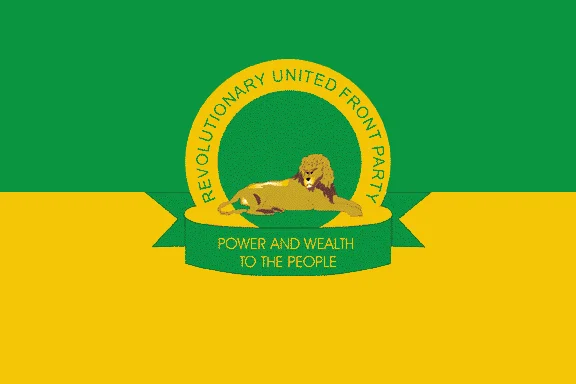
The Revolutionary United Front, supported by Charles Taylor’s Liberian forces, launched an invasion to overthrow President Joseph Saidu Momoh. The attack initiated one of West Africa’s most brutal and prolonged conflicts.
The civil war would devastate Sierra Leone for over a decade, characterized by widespread atrocities and the use of child soldiers. International intervention eventually ended the conflict, but the country’s recovery took many years.
2003 – Battle of Nasiriyah marks the first major conflict during the invasion of Iraq
American forces engaged in fierce urban combat with Iraqi defenders in the strategic city of Nasiriyah. The battle demonstrated the challenges of fighting in populated areas and the determined resistance of Iraqi forces.
The conflict highlighted the complexity of the Iraq invasion beyond the initial shock and awe campaign. Nasiriyah became a symbol of the urban warfare that would characterize much of the subsequent occupation.
Science and Discovery Milestones on March 23
1965 – NASA launches Gemini 3, the United States’ first two-man space flight
Astronauts Gus Grissom and John Young piloted America’s first crewed spacecraft capable of orbital maneuvering. The mission successfully demonstrated spacecraft control systems essential for future lunar missions.
Gemini 3 marked a crucial step in NASA’s progression toward the Apollo moon landings. The flight proved that astronauts could actively pilot their spacecraft rather than merely riding as passengers.
2001 – The Russian Mir space station is disposed of, breaking up in the atmosphere
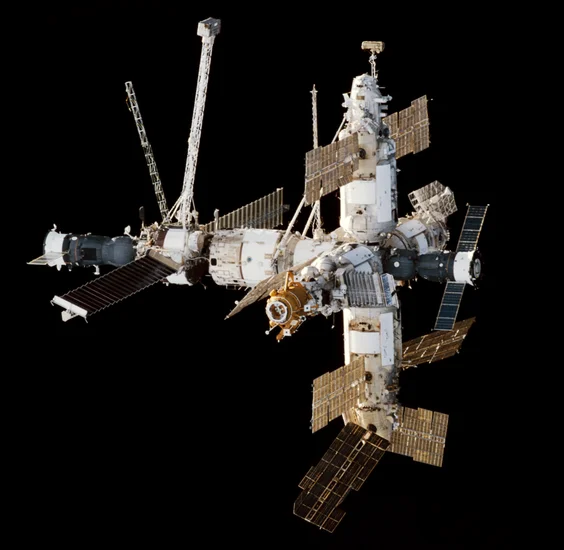
The pioneering Mir space station ended its 15-year mission with a controlled deorbit over the Pacific Ocean. The station’s breakup marked the end of an era in space exploration and international cooperation.
Mir had hosted 104 astronauts from 12 different countries and set numerous space endurance records. The station’s legacy influenced the design and operation of the International Space Station.
2014 – The World Health Organization reports the first cases of the largest Ebola outbreak in history
WHO officials confirmed Ebola cases in southeastern Guinea, marking the beginning of the most devastating outbreak in the disease’s history. The epidemic would eventually spread to multiple West African countries and beyond.
The outbreak exposed critical weaknesses in global health surveillance and response systems. International efforts to contain the disease required unprecedented coordination and resources from the global health community.
Cultural and Arts Events on March 23
1977 – The first of The Nixon Interviews is videotaped with David Frost
British journalist David Frost began his historic series of interviews with former President Richard Nixon about Watergate. The sessions would become legendary for Nixon’s admissions about his role in the scandal.
The interviews represented Nixon’s first major public appearance since his resignation three years earlier. Frost’s persistent questioning would eventually elicit Nixon’s famous acknowledgment of wrongdoing in the Watergate affair.
1901 – Emilio Aguinaldo, President of the First Philippine Republic, is captured

American General Frederick Funston orchestrated the capture of Filipino independence leader Emilio Aguinaldo at Palanan, Isabela. The operation involved an elaborate deception using Filipino scouts and forged documents.
Aguinaldo’s capture effectively ended organized Filipino resistance to American occupation. The event marked a turning point in the Philippine-American War and the establishment of American colonial rule.
1909 – Theodore Roosevelt leaves New York for a post-presidency safari in Africa
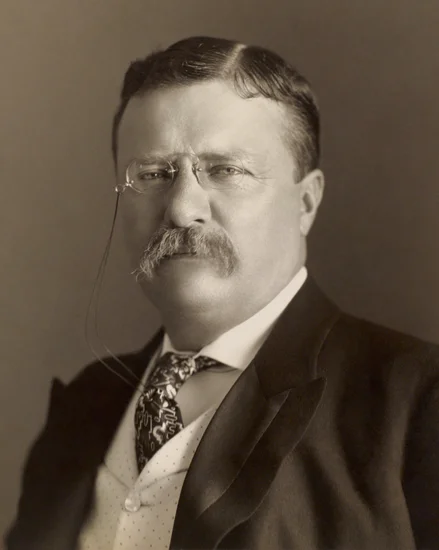
Former President Theodore Roosevelt embarked on an ambitious African expedition sponsored by the Smithsonian Institution and National Geographic Society. The safari combined adventure with scientific specimen collection for American museums.
Roosevelt’s expedition captured public imagination and demonstrated America’s growing interest in global exploration. The former president’s adventures were extensively documented and helped establish conservation awareness in American popular culture.
Religious and Social Events on March 23
1931 – Bhagat Singh, Shivaram Rajguru and Sukhdev Thapar are hanged during the Indian independence movement

Three young Indian revolutionaries were executed for killing a British deputy superintendent of police. Their martyrdom galvanized the independence movement and inspired countless other freedom fighters.
The executions sparked widespread protests across India and strengthened resolve for independence. These men became enduring symbols of sacrifice for the cause of Indian freedom from British colonial rule.
1980 – Archbishop Óscar Romero appeals to El Salvadoran armed forces to stop killing Salvadorans
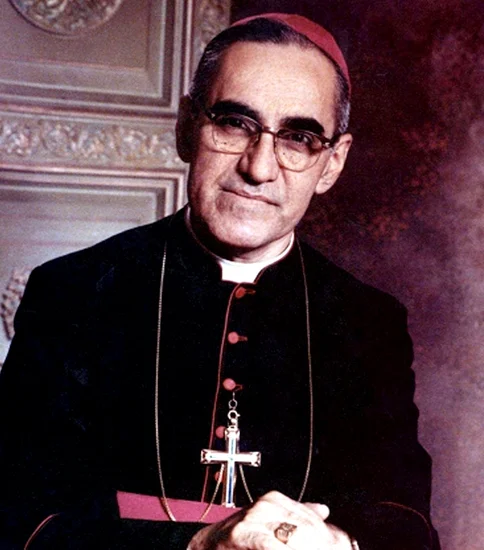
The prominent Catholic archbishop delivered his famous speech calling on soldiers to cease violence against civilians. His moral authority and courage made him a powerful voice for peace during El Salvador’s civil war.
Romero’s appeal represented the Catholic Church’s growing involvement in human rights advocacy throughout Latin America. His assassination the following day would make him a martyr for social justice causes worldwide.
1905 – Eleftherios Venizelos calls for Crete’s union with Greece, beginning the Theriso revolt
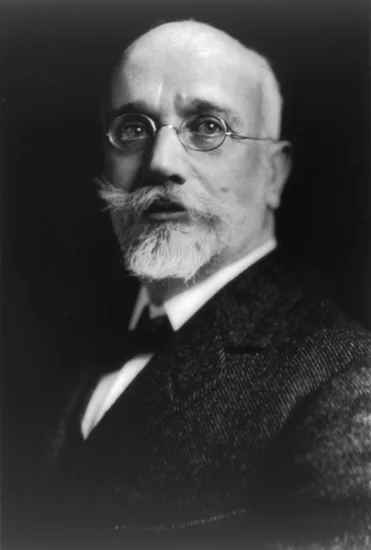
The future Greek statesman launched a rebellion demanding Crete’s incorporation into Greece rather than continued Ottoman suzerainty. The revolt marked a crucial step in the island’s eventual unification with Greece.
Venizelos’s leadership during the uprising established his reputation as a skilled politician and negotiator. The Theriso revolt demonstrated the power of organized resistance to achieve political objectives through sustained pressure.
Business and Economic Events on March 23
1919 – In Milan, Italy, Benito Mussolini founds his Fascist political movement
Mussolini established the original Fascist organization in Milan, attracting disaffected veterans and nationalist intellectuals. The movement combined extreme nationalism with promises of social renewal and economic modernization.
The Milan meeting marked the birth of fascism as an organized political force in Europe. Mussolini’s movement would eventually seize power in Italy and inspire similar movements across the continent.
1982 – Guatemala’s government is overthrown in a military coup by General Efraín Ríos Montt
Right-wing General Efraín Ríos Montt led a military coup against President Fernando Romeo Lucas García’s government. The coup promised to end corruption and restore order to the violence-torn Central American nation.
Ríos Montt’s regime would implement harsh counterinsurgency tactics and intensify Guatemala’s civil war. The military government’s human rights abuses would later result in genocide charges against the former dictator.
1994 – Mexican presidential candidate Luis Donaldo Colosio is assassinated in Tijuana
The leading presidential candidate was shot and killed during a campaign rally, shocking Mexico’s political establishment. Mario Aburto Martínez was arrested as the gunman, but conspiracy theories persisted about broader involvement.
Colosio’s assassination destabilized Mexico’s political transition and raised questions about the security of democratic processes. The killing occurred during a period of significant political and economic upheaval in Mexico.
Transportation and Infrastructure on March 23
2008 – Official opening of Rajiv Gandhi International Airport in Hyderabad, India
The new airport replaced the old Begumpet Airport, significantly expanding Hyderabad’s aviation capacity. The modern facility featured state-of-the-art technology and aimed to establish Hyderabad as a major aviation hub.
The airport’s opening reflected India’s rapid economic growth and infrastructure development. The facility was designed to handle increasing passenger traffic and cargo volumes in one of India’s fastest-growing metropolitan areas.
2021 – A container ship runs aground and obstructs the Suez Canal for six days

The massive container ship Ever Given became wedged across the canal, blocking one of the world’s most important shipping routes. The incident disrupted global supply chains and highlighted the vulnerability of international trade.
Salvage efforts required specialized equipment and careful coordination to free the vessel without causing further damage. The blockage demonstrated the critical importance of the Suez Canal to global commerce and economic stability.
2020 – Prime Minister Boris Johnson put the United Kingdom into its first national lockdown
The British government implemented unprecedented restrictions on movement and social interaction to combat the COVID-19 pandemic. The lockdown closed businesses, schools, and public spaces across the entire United Kingdom.
The decision marked one of the most significant peacetime restrictions on civil liberties in British history. The lockdown’s economic and social impacts would reshape British society and politics for years to come.
Sports and Recreation on March 23
1913 – A tornado outbreak kills more than 240 people in the central United States

Multiple tornadoes struck across the central United States, causing widespread destruction and casualties. The outbreak occurred simultaneously with severe flooding in the Ohio River watershed that killed an additional 650 people.
The combined natural disasters represented one of the deadliest weather events in American history. The catastrophe highlighted the need for improved weather forecasting and emergency response systems.
1994 – The Green Ramp disaster kills 24 United States Army soldiers at Pope Air Force Base
A USAF F-16 aircraft collided with a C-130 transport plane before crashing into a group of paratroopers. The accident occurred during routine training exercises and resulted in significant casualties among ground personnel.
The disaster led to improved safety protocols for military aviation training exercises. The incident demonstrated the inherent risks of military training and the importance of comprehensive safety measures.
2009 – FedEx Express Flight 80 crashes at Tokyo’s Narita International Airport

A McDonnell Douglas MD-11 cargo aircraft crashed during landing approach, killing both crew members. The accident occurred during a routine cargo flight from Guangzhou, China to Tokyo.
The crash highlighted ongoing safety concerns with the MD-11 aircraft type and cargo flight operations. Investigation findings contributed to improved training procedures and safety protocols for cargo airlines.
Notable Births on March 23
1910 – Akira Kurosawa, Japanese director, producer and screenwriter
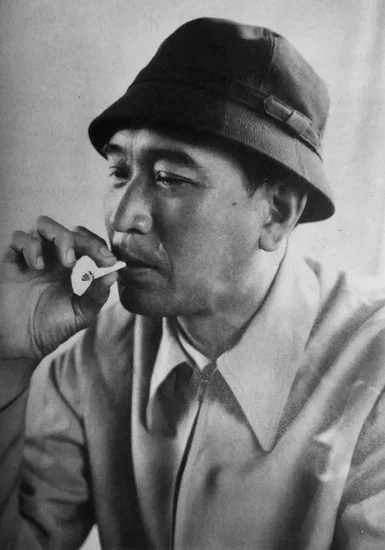
The legendary filmmaker revolutionized cinema with his dynamic visual style and compelling storytelling. Kurosawa’s samurai epics and contemporary dramas influenced generations of directors worldwide.
His masterpieces like “Seven Samurai” and “Rashomon” established him as one of cinema’s greatest auteurs. Kurosawa’s innovative techniques and humanistic themes transcended cultural boundaries and earned international acclaim.
1912 – Wernher von Braun, German-American physicist and engineer
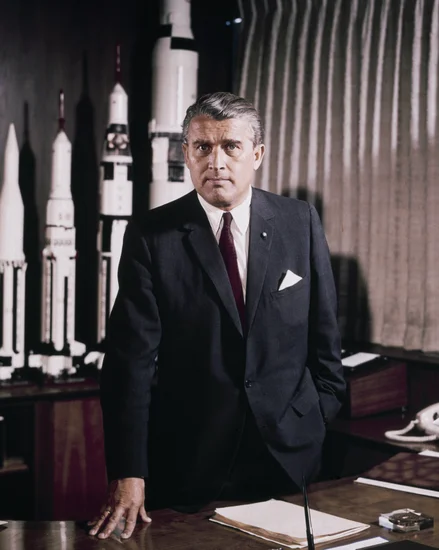
The pioneering rocket scientist played a crucial role in developing both German V-2 rockets and American space programs. Von Braun’s technical expertise proved essential to NASA’s successful moon landing missions.
His work bridged the gap between theoretical rocket science and practical space exploration. Despite his controversial wartime activities, von Braun became synonymous with America’s space program achievements.
1929 – Roger Bannister, English middle-distance runner, neurologist and academic
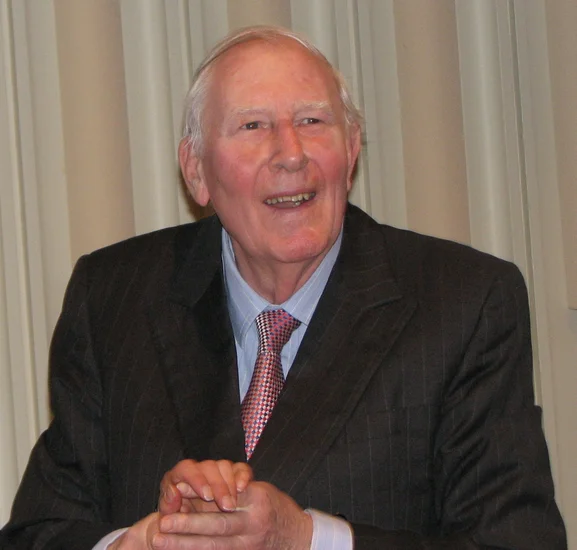
The legendary athlete became the first person to run a mile in under four minutes. Bannister’s achievement on May 6, 1954, broke a psychological barrier and inspired countless athletes worldwide.
His medical career as a neurologist proved equally distinguished as his athletic achievements. Bannister demonstrated that intellectual pursuits and athletic excellence could coexist at the highest levels.
1953 – Chaka Khan, American singer-songwriter

The Queen of Funk revolutionized popular music with her powerful vocals and dynamic stage presence. Khan’s career spanned multiple decades and musical genres, from funk and R&B to jazz and pop.
Her distinctive voice and innovative musical arrangements influenced countless artists across various genres. Khan’s Grammy-winning performances established her as one of the most respected vocalists in popular music history.
1976 – Keri Russell, American actress

The versatile performer gained fame in television dramas before transitioning to acclaimed film roles. Russell’s nuanced performances demonstrated remarkable range across different genres and character types.
Her starring role in “Felicity” launched her career, while later performances in “The Americans” showcased her dramatic depth. Russell’s consistent excellence established her as one of her generation’s most reliable actresses.
1992 – Kyrie Irving, Australian-American basketball player

The skilled point guard became one of the NBA’s most talented ball-handlers and clutch performers. Irving’s spectacular playing style and game-winning shots thrilled basketball fans worldwide.
His championship-winning shot for the Cleveland Cavaliers in 2016 capped one of the greatest comebacks in NBA Finals history. Irving’s technical skills and basketball IQ established him among the league’s elite players.
Notable Deaths on March 23
1931 – Bhagat Singh, Indian activist
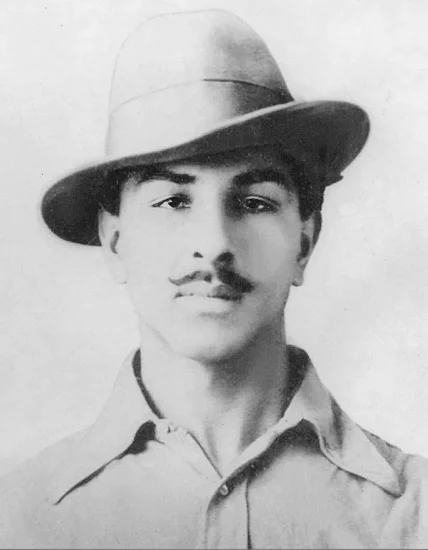
The revolutionary freedom fighter was executed by British authorities for his role in the independence movement. Singh’s martyrdom at age 23 inspired countless Indians to join the struggle against colonial rule.
His writings and speeches articulated a vision of independent India free from both British rule and social inequality. Singh’s sacrifice became a rallying cry for the independence movement and established him as a national hero.
1992 – Friedrich Hayek, Austrian-German economist, philosopher, and academic, Nobel Prize laureate

The influential economist championed free-market principles and limited government intervention in economic affairs. Hayek’s theories profoundly influenced conservative and libertarian political movements worldwide.
His Nobel Prize recognized contributions to understanding the relationship between individual freedom and economic prosperity. Hayek’s ideas gained renewed relevance during the 1980s and continue influencing economic policy debates.
2015 – Lee Kuan Yew, Singaporean lawyer and politician, 1st Prime Minister of Singapore
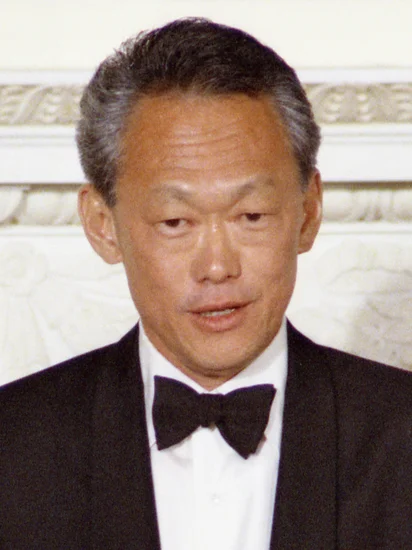
The founding father of modern Singapore transformed a small island nation into a global economic powerhouse. Lee’s pragmatic leadership and long-term vision established Singapore as a model for developing nations.
His policies emphasized education, economic development, and social stability while maintaining political control. Lee’s legacy includes Singapore’s remarkable transformation from Third World to First World status in a single generation.
2022 – Madeleine Albright, Czechoslovakian-American diplomat, 64th United States Secretary of State
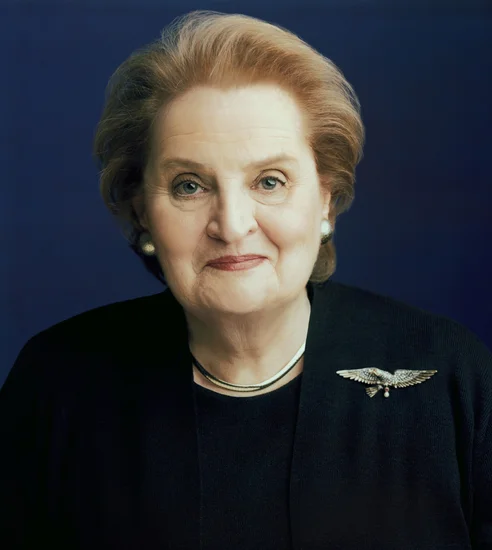
The first female Secretary of State broke barriers in American diplomacy and international relations. Albright’s tenure featured efforts to expand NATO and promote democracy in post-Cold War Europe.
Her diplomatic career spanned crucial periods in American foreign policy, from the Cold War’s end to post-9/11 challenges. Albright’s advocacy for human rights and women’s equality influenced generations of diplomats and policymakers.
Holidays and Observances on March 23
World Meteorological Day
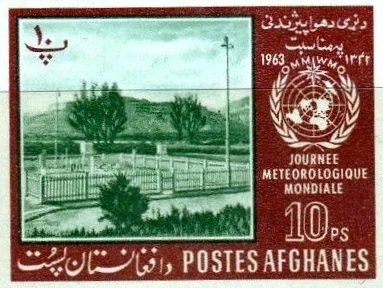
The international observance celebrates the establishment of the World Meteorological Organization and highlights the importance of weather services. The day promotes awareness of atmospheric science and climate monitoring efforts worldwide.
Meteorological organizations use this occasion to educate the public about weather forecasting and climate research. The observance emphasizes the critical role of accurate weather information in protecting lives and property.
Pakistan Day
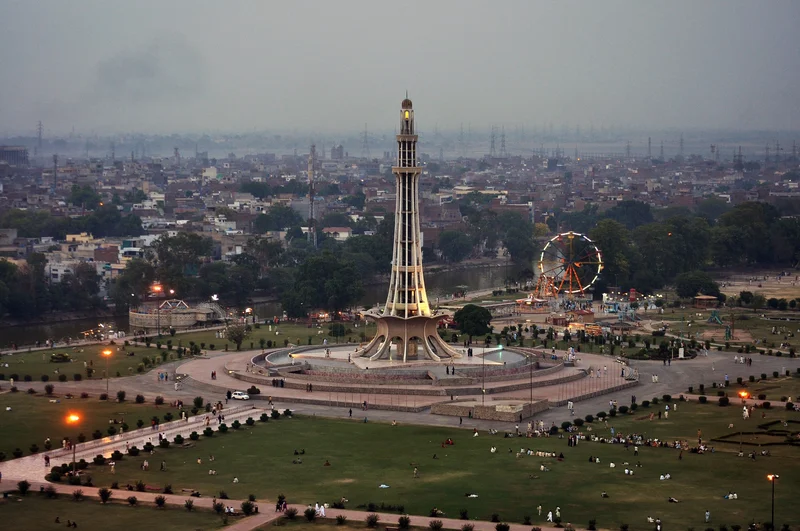
Pakistan commemorates the adoption of its first constitution and the establishment of the Islamic Republic. The national holiday celebrates the country’s unique identity as the world’s first Islamic republic with democratic governance.
The day features military parades, cultural celebrations, and civic ceremonies throughout Pakistan. Citizens reflect on their nation’s achievements and constitutional foundations while renewing commitment to democratic values.
Day of Hungarian-Polish Friendship
Hungary and Poland jointly observe this day to celebrate their historical friendship and cultural ties. The observance recognizes centuries of mutual support and shared experiences between these Central European nations.
The friendship dates back to medieval times and includes mutual assistance during various historical crises. Both countries use this day to strengthen diplomatic ties and promote cultural exchange programs.
